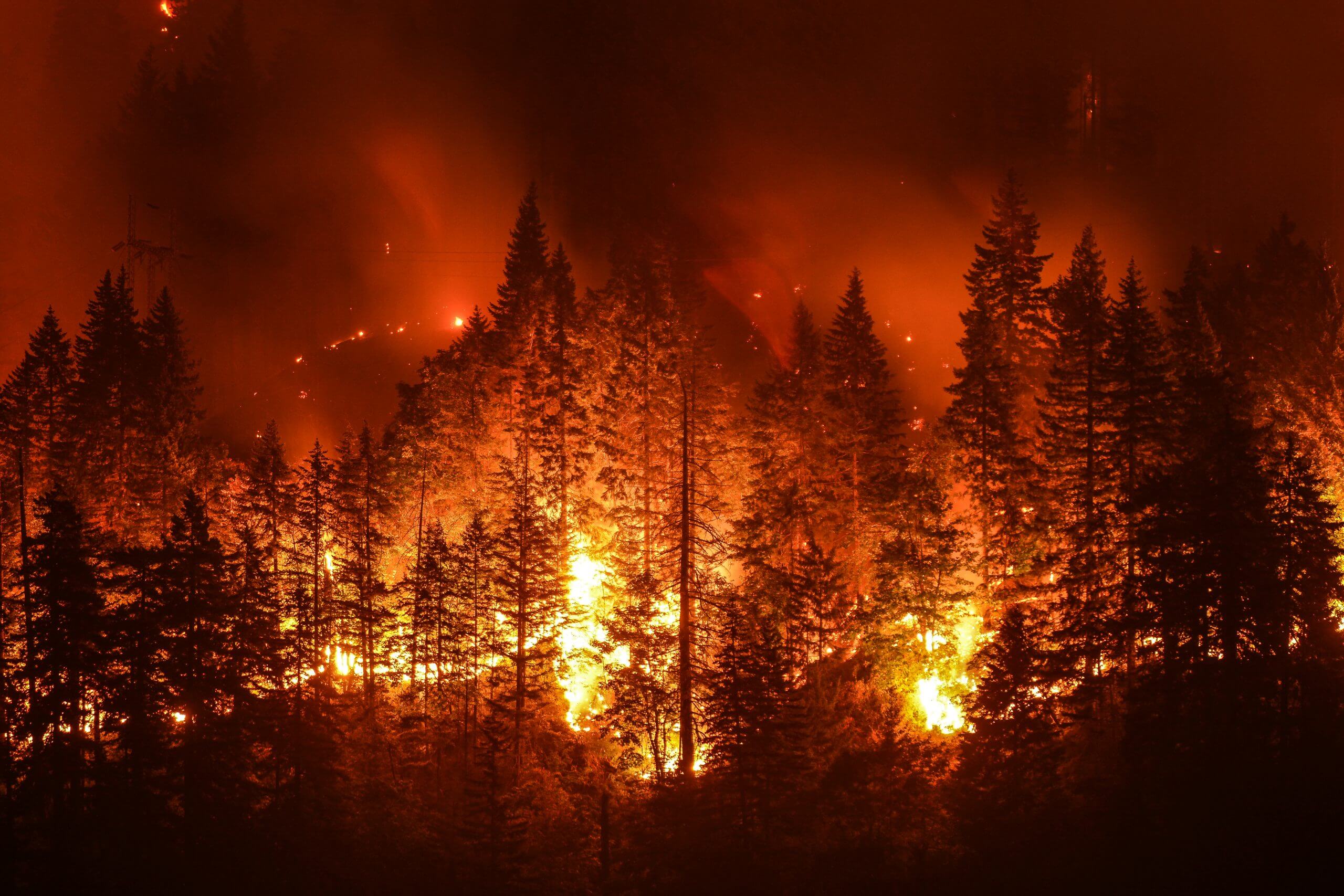One of the most troubling environmental issues recently, along with water shortage issues, has been the outbreak of wildfires, specifically in California. There are many opinions as to the reasons for the fires, ranging from the results of climate change to “bad environmental laws”. Many people feel humans are to blame for destroying our planet, and blame our errors for triggering some of these fires. Our inability to define a true cause may make this is a worldwide issue. However, the focus now must be figuring out how to handle the immediate risks to health.
Wildfires are not only a threat to the land and properties impacted, but the air as well. Air quality resulting from the toxic plumes is arguably a larger threat to a wider area of people. Scientists are extensively studying the effects of smoke from wildfires to our health to assess the damage they can and do cause. The challenge with Air Quality assessments is that wildfire smoke “sampling” will never have the same chemical composition. There are so many variables depending on what is burning that the composition is always different and in varying degrees.
What scientists do know is that it is a toxic exposure, and is comparable to being surrounded by second-hand smoke. Doctors report they are seeing an outbreak in pediatric airway issues in the summer months, where normally this is seen in the winter flu months. In addition to the complex composition of wildfire smoke, the affects the smoke can have on an individual can vary in many different ways. There are a lot of variables at stake. For this reason it is better to be safe than sorry. It is estimated that within a couple months there could be some unique insight to better understand wildfire health effects.
Water quality and supply are another major concern, especially in California. The wildfires have again spotlighted ongoing water shortage issues as well as quality issues, due to the contamination these fires are causing. Many drinking water utilities get their water from forested watersheds, where wildfires are posing threats to the water supply. The fires are causing mudslides and sediment mobilization, which is stirring up more compounds from the soil. This impacts the ability of existing purification methods that must be adjusted to make the water safe for drinking. California is discussing their long term needs while dealing with the current crisis and debating environmental laws and what role they may play on preventing wild fires in the future. . The devastating effects to health and quality of life are lost in the flashy news posts and pictures of flames. What we are seeing right now as a result of these wildfires, are people who are not able to leave their own homes, due to age (young and old), and also pre-existing pulmonary issues. People are being advised to spend little time outside if possible, limiting opportunities for exercise, which is advice you never thought you would hear! Even in areas considered outside the “hot zone”, the smoke and particulate matter is a concern to your lungs, as well as your eyes.
What is the best way to manage through these horrific conditions? Listen to recommendations from local authorities. Keeping abreast of evacuation orders, water advisories, shelter locations etc. avoid the toxic air as much as possible, even wearing a specialized mask, but keep in mind dust masks from the store simply will not work; you need a specialized mask to protect you from the fine particulate matter. Firefighters wear industrial protective equipment for a reason! In regards to drinking water, regular water purification/filtration systems are not designed to handle the volume and diversity of organic compounds entering the water source—so don’t drink the water unless advised! Keep in mind that even if you are not directly in the “hot zone” your air and water quality may still be impacted. Also, think of your pets, they can also suffer from the effects of air quality too. Don’t’ take any chances with your health and safety!

